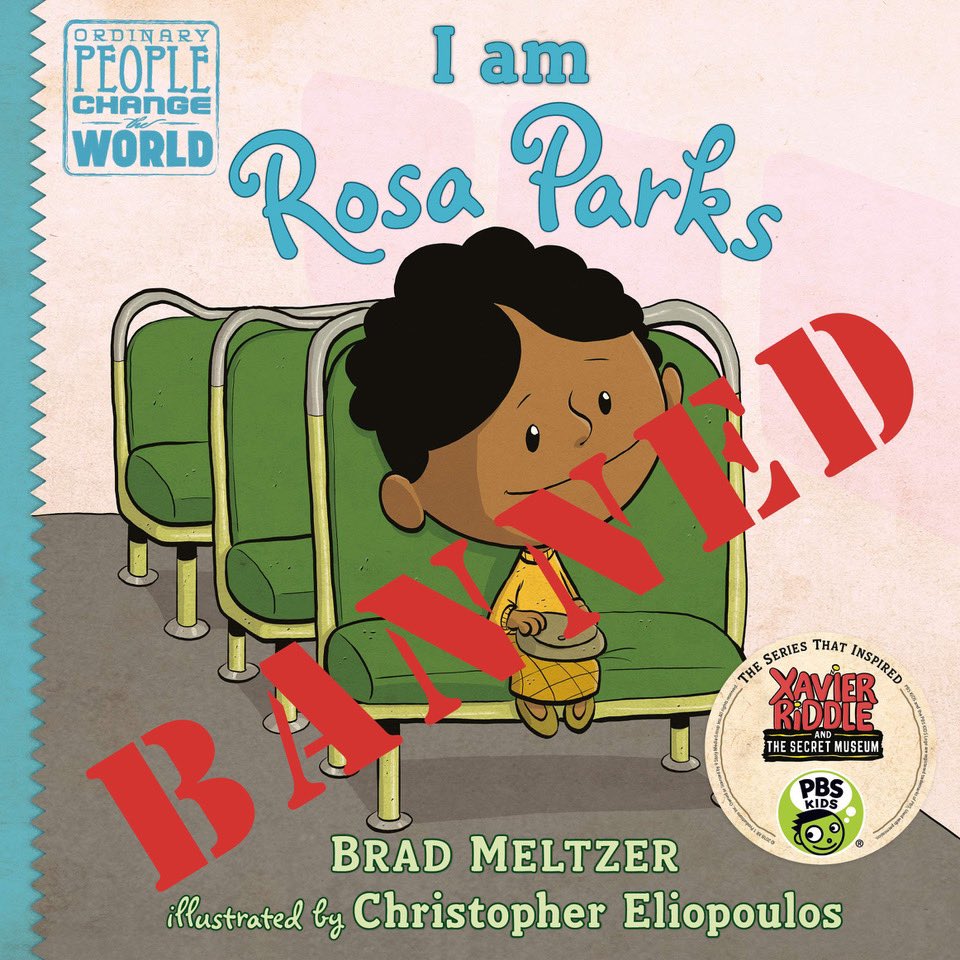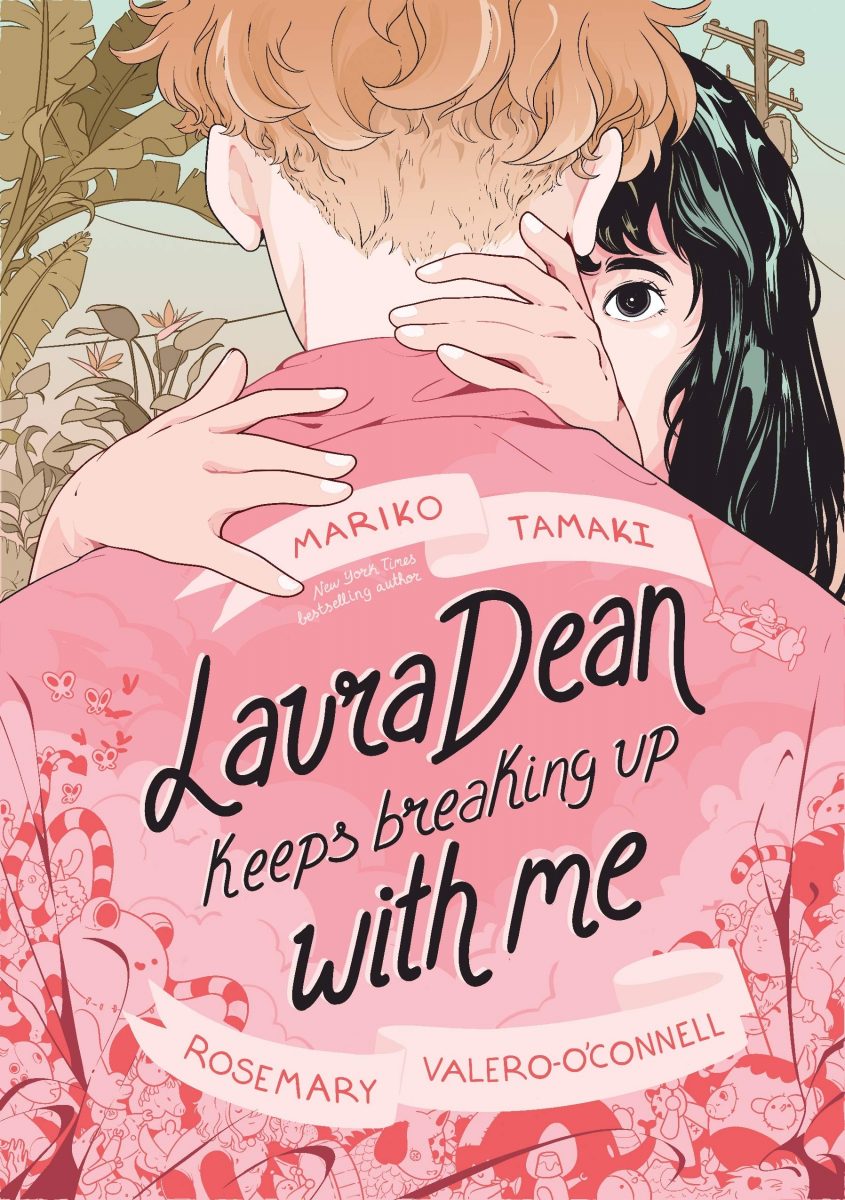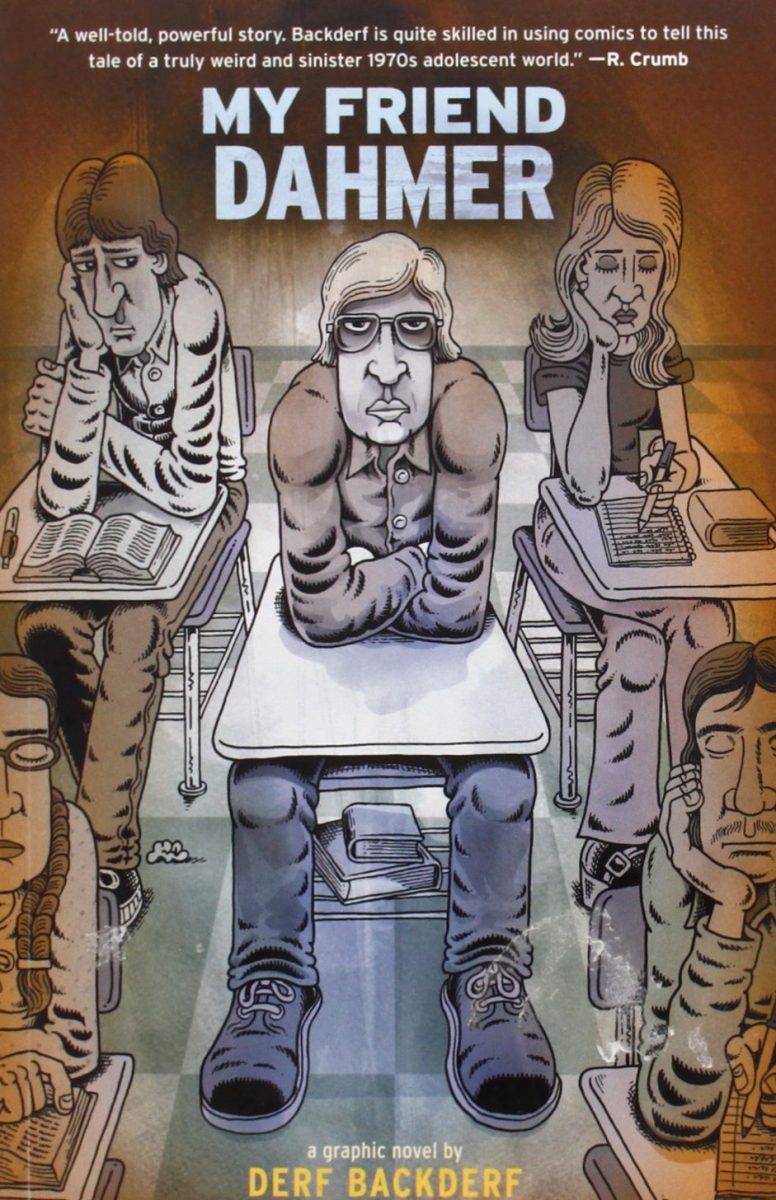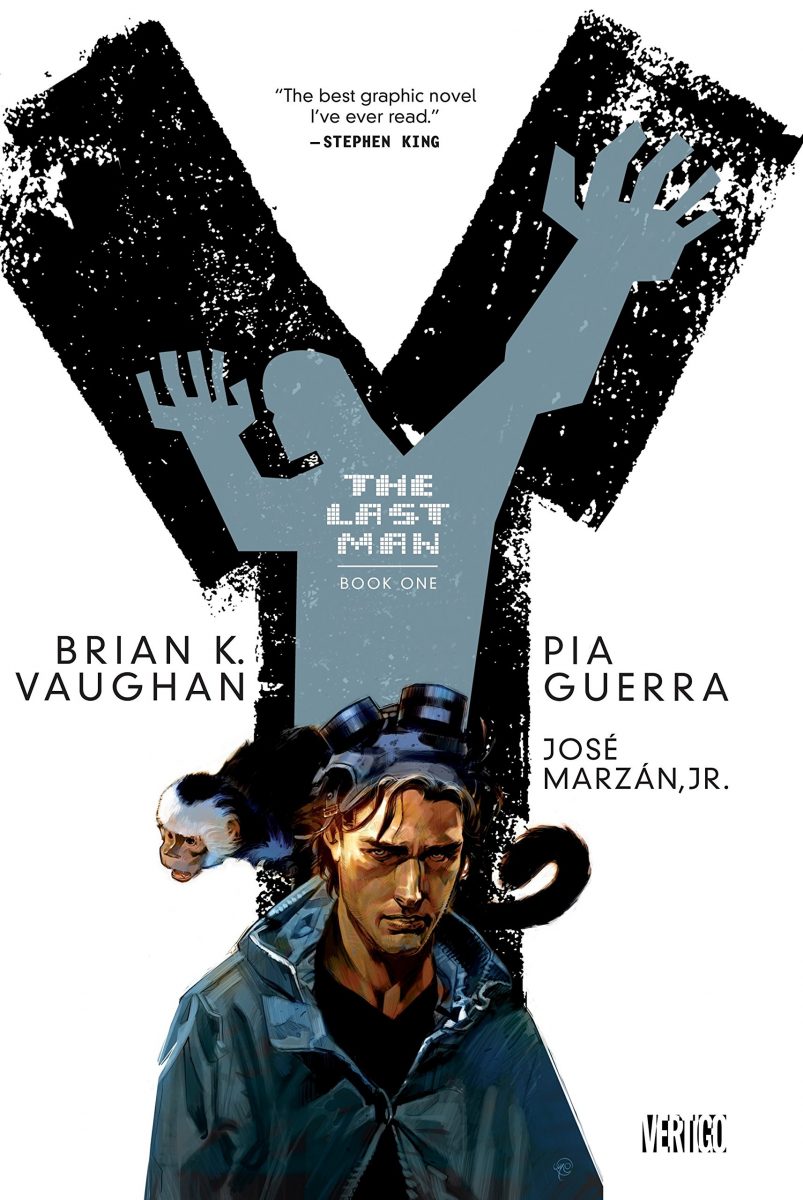
Banned Books Week starts this month, running from September 26–October 2. Each week leading up to the event, we will profile one of the many spaces in the United States where books are banned. We’ll examine who is banning and challenging them, the type of material targeted, the key issues faced, and provide links for more information and resources. Week one, we focused on prisons. This week we will focus on schools.
Who is Banning Books?
A good portion of book bans in schools originate from parent complaints. Complaints can come from individual parents, organized groups of parents, or parent-teacher organizations. Typically the material is reviewed by a committee or the school board and either removed or retained. Unfortunately, in some instances the book will be pulled as soon as there is a complaint. In order to protect books from being removed it’s important to have policies in place to manage both the complaint and the review process.
What Books and Why?
For years we have been covering attempts to ban books and graphic novels from schools. There is often a direct line one can draw from current political debates and the material challenged. For several years now, identity censorship of LGBTQ+ books has seemed to dominate the challenges.
As reported by ALA Banned Books, we have seen a shift in the type of books targeted by bans. Last year, books written by BIPOC authors or books about social justice topped the list for the most challenged books in libraries and schools. We have also seen a movement to remove so-called Critical Race Theory (CRT) materials from schools. This objection is a false narrative and, for the most part, targets books written by or featuring BIPOC.
Issues
A new issue increasing censorship in schools is the anti-CRT wave. Several states have signed legislation that forbids the teaching of CRT in schools. The problem with this narrative is that CRT is not taught in elementary, middle, or high schools. The term is being used as a catch-all phrase to represent material addressing race and social justice. The Foundation for Individual Rights in Education has an informative non-partisan piece, “13 Important Points in the Campus & K–12 ‘Critical Race Theory’ Debate.”
Another issue is the removal of books without the correct review process. If a policy is too vague, it can create confusion and loopholes allowing books to disappear. From new laws to community outcry, we have seen added pressure on the school administration to remove books. This pressure has manifested as threats to withhold school funding and parents filing obscenity complaints to the police department instead of going through the correct channels to protest and challenge a book. Below are two instances of censorship in schools from the last year.

York, PA
As recently as this month, we have seen opposition to works by Black and Latinx authors. Students from Central York High School in Pennsylvania have been protesting for weeks after the school board decided to “freeze” a list of books touching on race, social justice, and history for the district. During this freeze, the books are prohibited and essentially banned. One book swept up in the ban is the children’s book I am Rosa Parks, authored by comics writer Brad Meltzer.
Many students at Central York High School are fed up, want diversity and representation in their books. The books on this list have now been waiting on review for about a year. It is inspiring to see this generation of teens fighting against censorship in the classroom. This situation has created a cooling effect and caused some teachers to consider self-censoring.
UPDATE 9/21/21: Victory!!! School Board Reverses Ban
Leander, TX
This year, we have also witnessed the ongoing battle in Leander, Texas. Librarians, teachers, and parents have joined to fight back against a broad banning and re-review of many books from the book club curriculum. Many graphic novels were targeted including, My Friend Dahmer, Laura Dean Keeps Breaking Up With Me, Y the Last Man, V for Vendetta, Kiss Number 8, and the graphic novel adaptations of Speak and “The Lottery.”
What is particularly troubling about Leander is the escalation of some of the parents challenging books. There has been a trend toward theatrics and skirting the correct avenues of challenging books or filing complaints. Last week, several parents filed police reports against the school before filing any official complaints with the school.
Many of these issues boil down to a demand for schools to censor and ban books that individuals do not personally like. Parents have the right to keep their children from reading material in schools, but they do not have the right to exert their values on others, depriving them of exposure, experience, and knowledge. To protect books in the school system, we must have robust policies for book challenges that are followed.
Resources and Further Reading
Resources
CBLDF: Defending Comics Today A ComicCon@Home panel with members of the Leander community.
Using Graphic Novels in Education
Be Heard: Youth Protest Rights Primer
Know Your Rights: Student Rights Fact Sheet
CBLDF Discussion Guides


